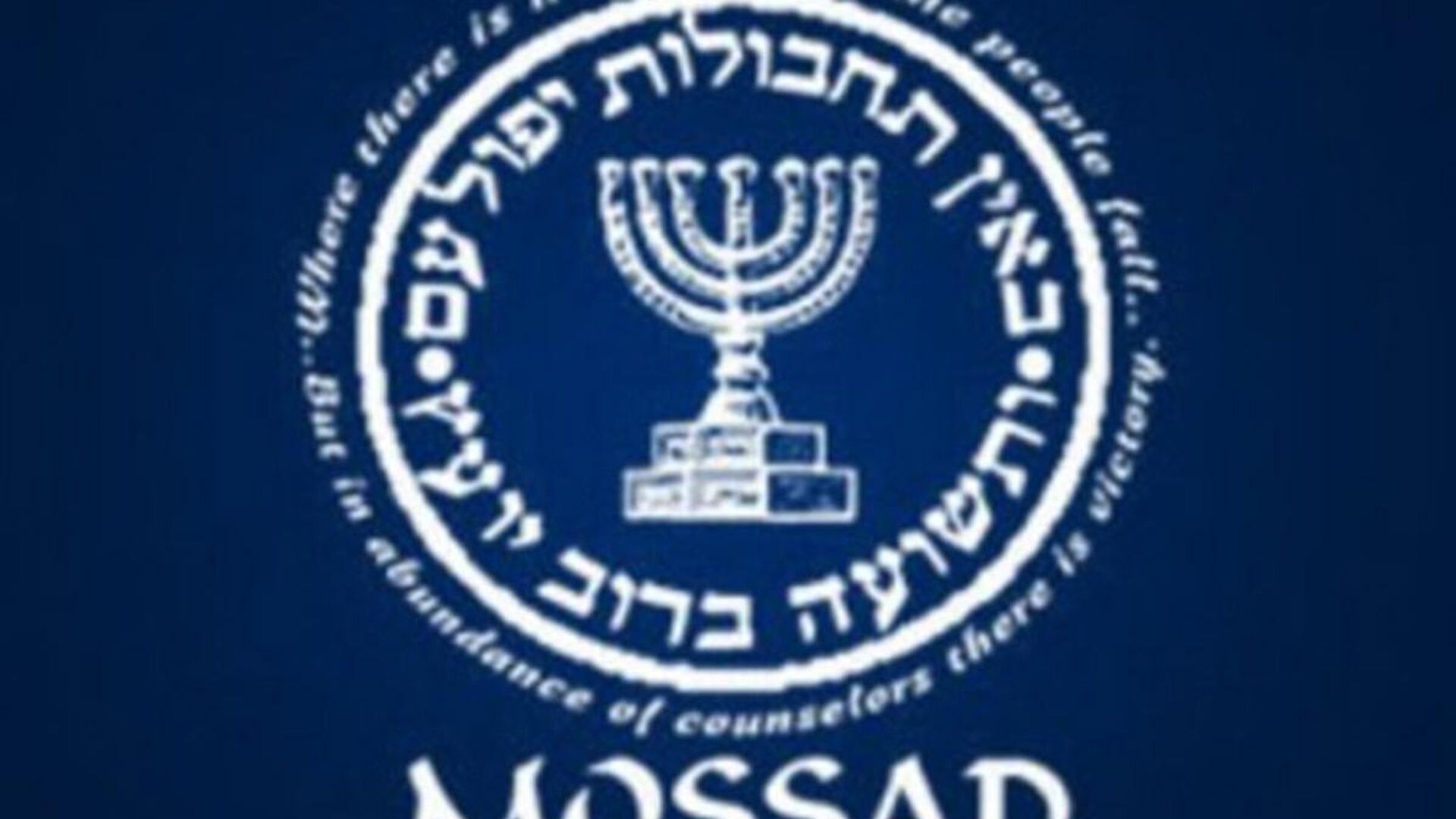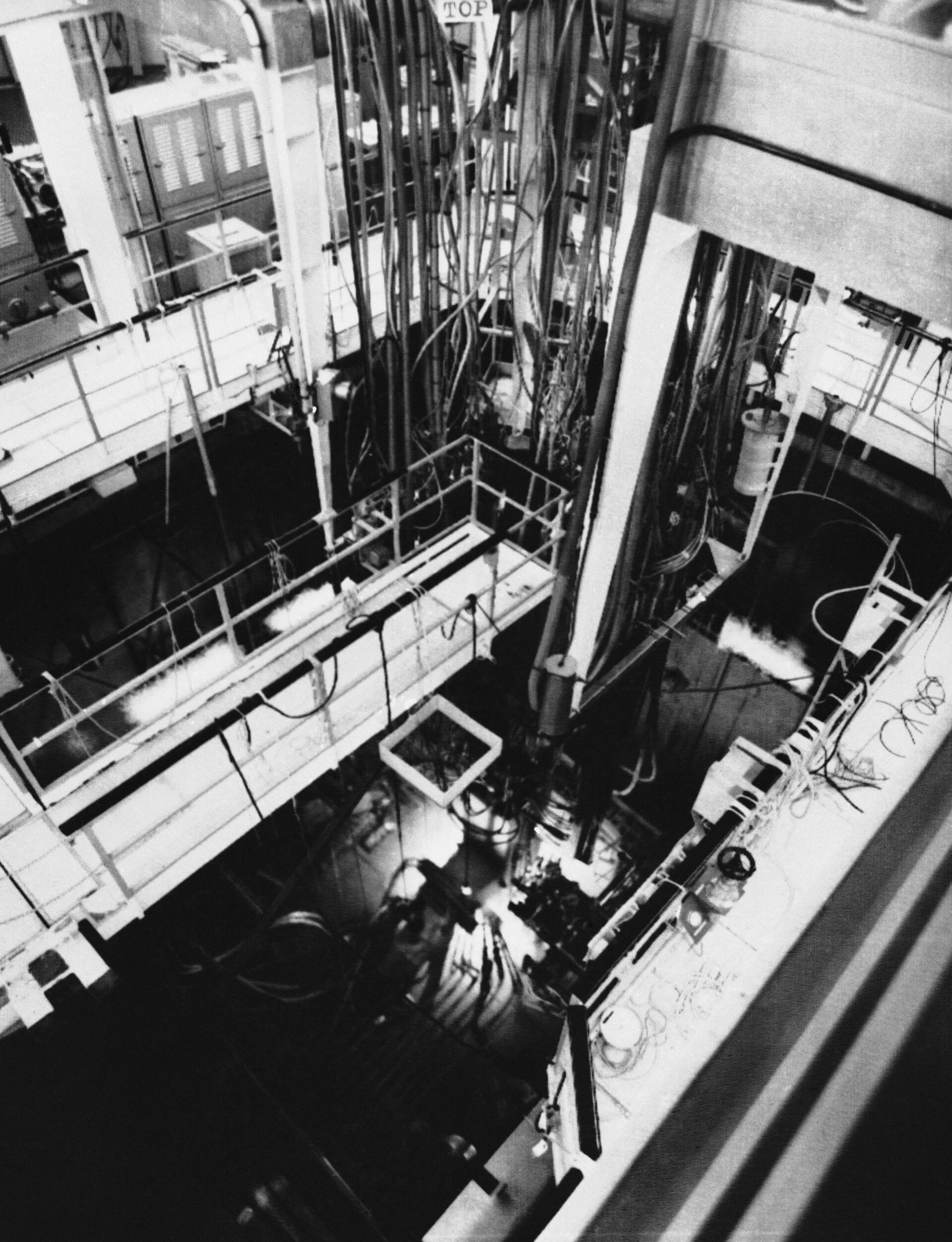Israel’s Mossad Bombed German, Swiss Firms in 1980s Aiding Pakistan’s Nuclear Program, Paper Claims
01:10 GMT 04.01.2022 (Updated: 17:25 GMT 15.01.2023)

© Creative Commons
Subscribe
Last month, a Jewish London paper revealed that Israel’s Mossad was behind a slew of recent bombings and sabotage operations against Iranian nuclear facilities, ostensibly aimed at preventing an Iranian nuclear bomb, even though Israel’s own military intelligence says Iran isn’t trying to develop one.
The Mossad’s secret espionage campaign against Iran’s nuclear program may have actually begun decades ago: according to one Swiss paper, the intelligence agency bombed firms helping Pakistan’s infant nuclear weapons effort as well, fearful it would aid Tehran’s quest for a bomb.
A report in the Saturday edition of Switzerland’s Neue Zürcher Zeitung (NZZ) claims that “new, previously unknown documents from archives in Bern and Washington” reveal that a series of bombings in Germany and Switzerland in the early 1980s that has long been attributed to the Mossad actually had more explicit connections to Iran that previously known.
The first victim was Eduard German, the managing direction of CORA Engineering, whose house in Berne was bombed on February 20, 1981, although he survived the explosion. CORA had supplied Pakistan with a gasification and solidification unit two years earlier, and was preparing to export another rig.
The second target was the office of Wälischmiller Engineering in Markdorf, where a bomb exploded on May 18, 1981.
The third was against Heinz Mebus, a West German engineer who had helped Pakistan build its first fluoride and uranium conversion plants in 1979. A letter bomb exploded at his house on November 18, 1981, killing his dog.
Dr. Abdul Qadeer Khan with Prime Minister of Pakistan #NawazSharif in 1998. #YoumEtakbeer pic.twitter.com/8AnpS8lqF8
— Government of Pakistan (@GovtofPakistan) May 28, 2017
According to the NZZ, Mebus had also joined Pakistan’s top nuclear scientist, Abdul Qadeer Khan, at meetings in Zurich and Dubai with Masud Naraghi, then head of the Atomic Energy Organization of Iran.
Swiss and West German police were never able to track any of the perpetrators, with the attacks being claimed by obscure groups called “Group for Non-Proliferation in South Asia,” “Committee to Safeguard the Islamic Revolution” and “League for Protecting the Sub-Continent,” of which no record has existed before or since.
Many of the victims also received intimidating phone calls after the bombings. Other firms got phone calls as well, including Siegfried Schertler, the founder of vacuum valve manufacturer Vakuum-Apparate-Technik (VAT). According to Swiss Federal Police files viewed by NZZ, Schertler said a figure named David from the Israeli embassy in Bonn had called him and urged him to stop “these businesses” with nuclear weapons and switch to the textile business instead.
Nonetheless, the NZZ is careful to note, following prior historians, that no “smoking gun” has ever directly connected the Mossad to the 1981 bombings.
The terrorism campaign ultimately failed, as many of the firms soon accepted lucrative new deals from the government of Pakistani President Muhammad Zia-ul-Haq, NZZ noted. Pakistan eventually detonated five nuclear weapons underground on May 28, 1998, becoming the world’s eighth nuclear power and third outside the UN Security Council, joining Israel and Pakistan’s regional rival, India, which detonated a bomb in 1976.
While the Mossad hasn’t been directly tied to the 1981 bombings, a memoir titled “The Quiet Sabra,” published in January 2021 by Michael “Micky” Ron, a former engineer at Israel’s Dimona nuclear reactor, revealed its involvement in another similar operation. On the night of April 6, 1979, five bombs went off at the factory of the CMIM company in La Seyne-sur-Mer, Toulon, France, where several reactor cores for Iraq’s Osirak reactor was built.

Osiris Research Reactor
© AP Photo / Jahan
According to Ron, the explosives failed to totally destroy the reactors because the Mossad didn’t follow the advice given to them by the Israel Atomic Energy Commission, which was well-familiar with the targeted equipment because Osirak was a virtual copy of the EL-3 reactor in Saclay, France, that Dimona was based on. As a result, the Israeli Air Force was forced to carry out a daring air raid on the Osirak plant itself south of Baghdad on June 7, 1981.
Ironically, Iran secretly helped Israel plan the Osirak bombing, as it was at war with Iraq at the time and equally feared an Iraqi nuclear weapon.
The Jewish Chronicle revealed last month that the Mossad had also been behind a series of explosions and sabotage operations at Iran’s nuclear facilities in Natanz and Karaj in recent years.
According to the paper, Israeli intelligence officers coopted several Iranian nuclear scientists by leading them to believe they were working with Iranian dissident groups abroad, convincing them to place explosives and fly bomb-laden drones at the facilities in several 2020 and 2021 operations aimed at halting Iran’s nuclear program. Tehran says it has no nuclear weapons program any longer after giving up its quest in 2003 and later declaring them haram, and IDF intelligence has said Iran’s increased uranium purification effort has no equivalent effort toward weapons development.


